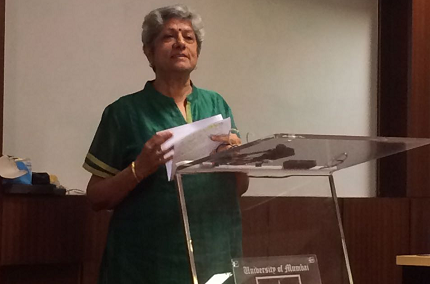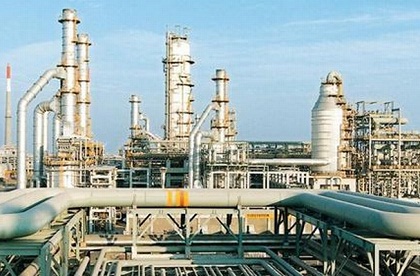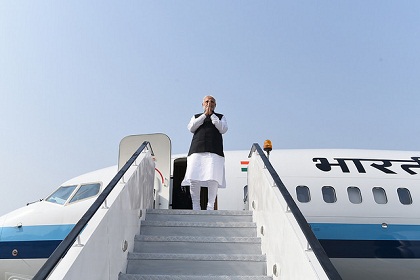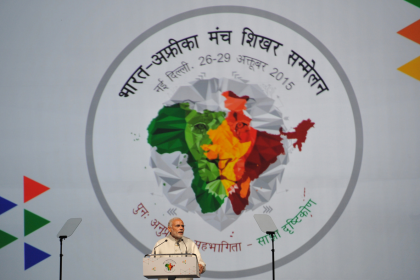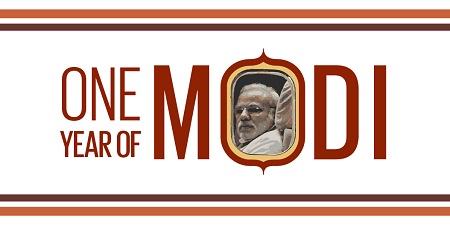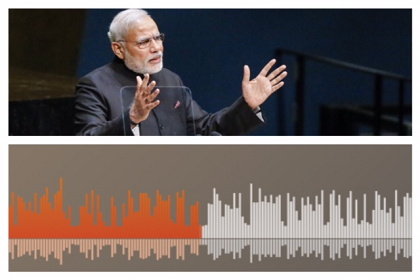Security: intrinsic to foreign policy interests
Security studies provides the framework for anticipating and analysing threats. While foreign policy offers fitting strategies to respond to these threats and address potential issues. Both contribute fundamentally to the other, making it important for both fields to be developed and studied.

